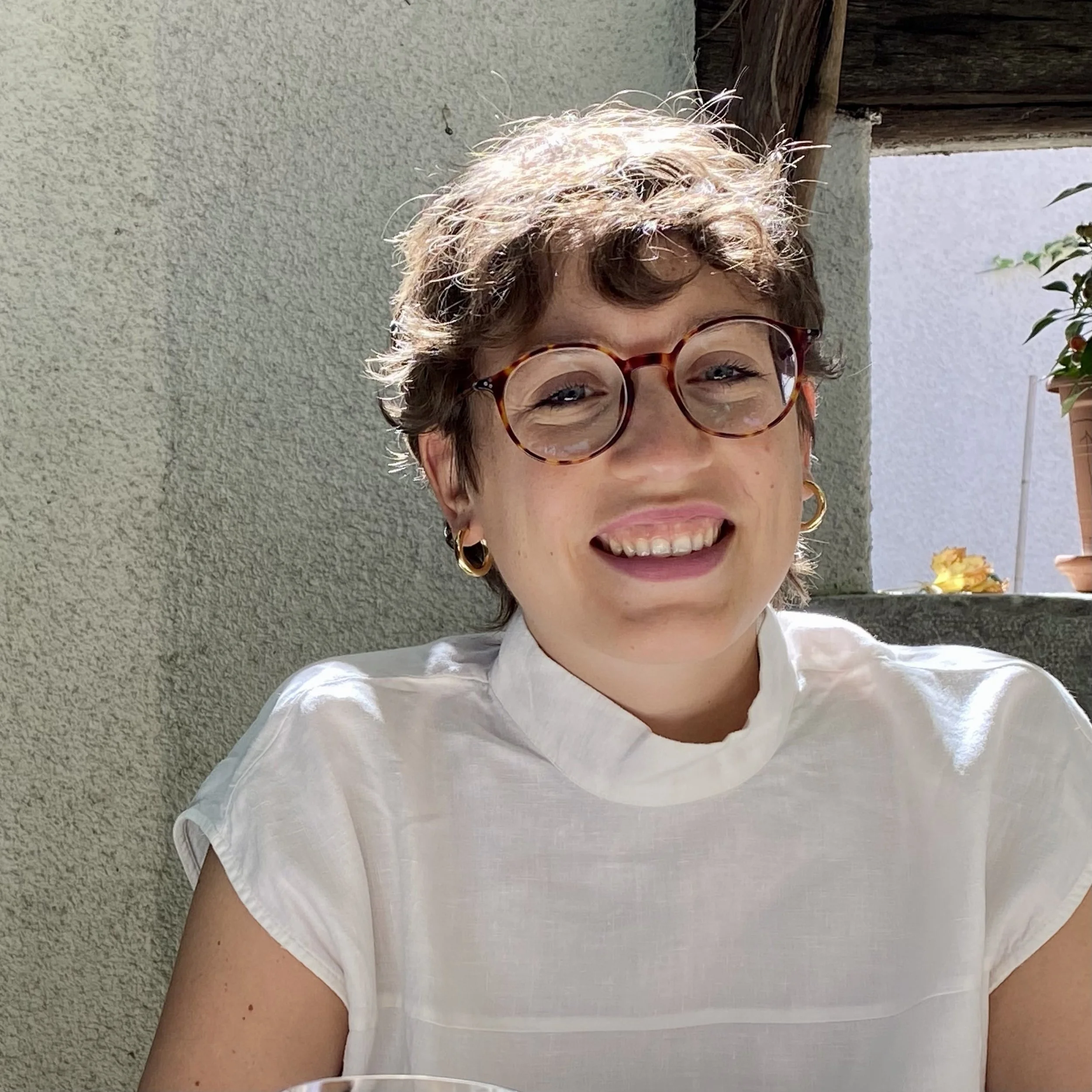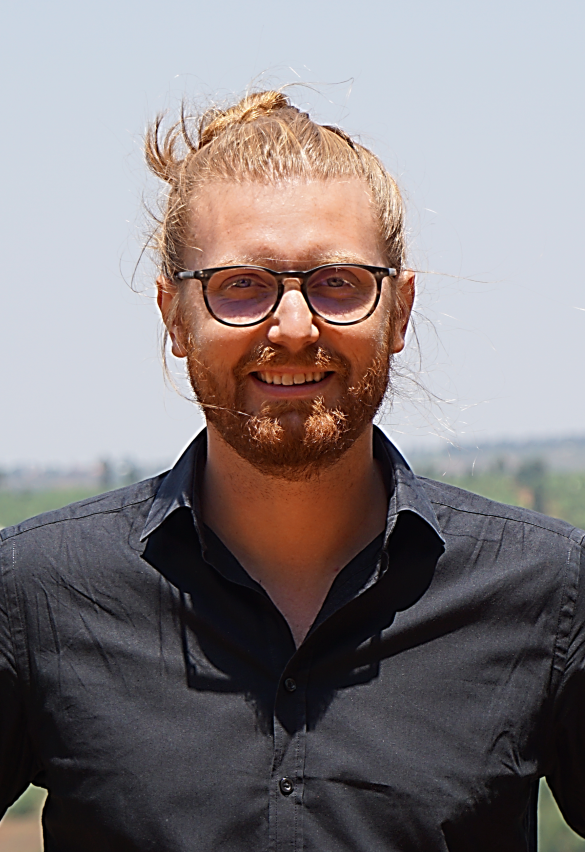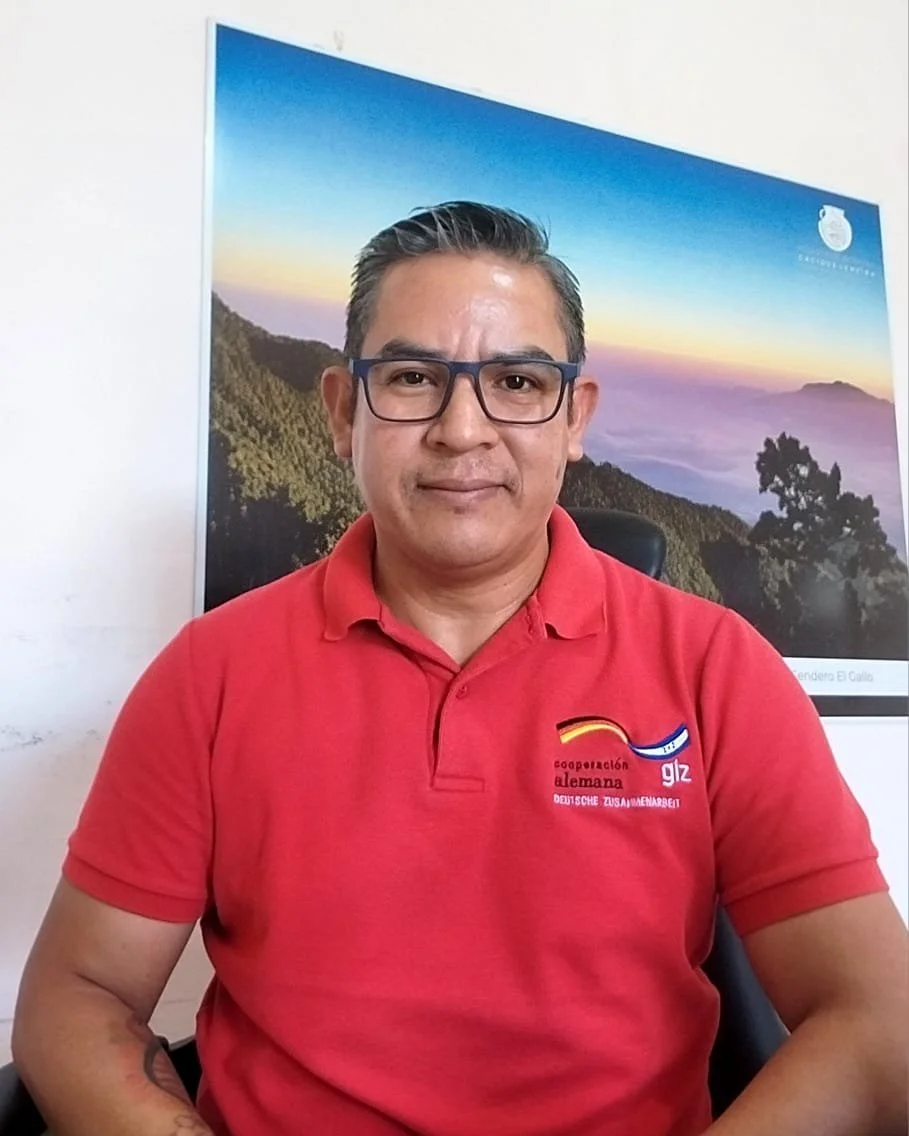Lecture Description
Millions of smallholder coffee farmers face significant hurdles, including market volatility, lack of generational shift, climate change, and now more than ever, new regulations that require them to collect large amounts of data. While digitalization alone can’t solve these challenges, it does offer an excellent opportunity for increased efficiency and easier adaptation to this ever-changing scenario. However, current integration of digital tools in producing countries is challenged by limited adoption rates and minimal benefits for enterprises and agricultural workers at origin. To resolve this, education on digitalization and how to properly integrate it has become a priority.
During this panel, Digital Coffee Future (DCF), Deutsche Gesellschaft für Internationale Zusammenarbeit (GIZ) and The Chain Collaborative (TCC) will discuss the current state of digitalization, and how education on the topic can make supply chain actors more efficient and resilient. Thanks to a DCF-led pilot executed in 2022, the panelists will also be able to share lessons learned from their training of 20 cooperatives. The Digital Origin Education Program (DOEP) is a one-of-a-kind formal training program for coffee enterprises at origin, which makes it a unique opportunity to learn more about how supporting them in their digitalization journey can be beneficial for all.
Date: Thursday, June 22, 2023
Time: 10:30am - 11:30am EET
Location: Lecture Room 1
Presenters:
Elisa Criscione
CEO and Founder, Digital Coffee Future
Elisa is the Founder and CEO of Digital Coffee Future, the go-to source for coffee digitalization information in the industry. Elisa has field experience in Ghana and Colombia, where she first deepened her understanding of the application of digital solutions for the sustainable development sector. During her field work, she also focused her work on community training of agricultural and food-processing best practices, as well as on gender equity. She holds a Master in Coffee Economics and Science from the University of Trieste, an MSc in Food Policy from the City University of London and a BSc in Food and Agriculture from the University of Gastronomic Sciences.
Pascal Ripplinger
Advisor, GIZ
Pascal Ripplinger holds a B.Sc. degree in Applied Geography focused on Spatial Planning and Development from the University of Trier and a M.Sc. in Geography from University of Bonn with majors in Geoinformation, Renewable Energies and Development Studies. Further, he studied International Development Studies at the Université Joseph Fourier in Grenoble. Within GIZ, Pascal works in the Initiative for Sustainable Agricultural Supply Chains (INA) as an advisor for digitalization with a main focus on traceability and remote sensing/GIS since 2020. Before joining GIZ, Pascal worked 5 years as a consultant for remote sensing and deforestation-free supply chains as well as in the field of renewable energies.
Nora Burkey
Founder and Executive Director, The Chain Collaborative
Nora Burkey is the Executive Director of The Chain Collaborative, a non-profit organization she founded in 2014 to invest in local leaders in coffee communities around the world. She holds a master’s degree in Sustainable Development from the Graduate Institute at School for International Training, where she focused her studies on gender in development and food systems. She is part of the Creator’s Group for the SCA Coffee Sustainability Program and is currently an authorized instructor for the program. Under the banner of TCC and in collaboration with other industry colleagues, she also consults on a number of agricultural projects.
Marco Perez
Technical Advisor, GIZ
Marco has a degree in Biological Sciences from the National Autonomous University of Honduras (UNAH) and a master's degree in Renewable Energy Management from the National University of Forestry Sciences in Honduras, with more than 10 years of work experience in different cooperation organizations in Honduras. Within GIZ he worked on the projects Sustainable Management of Natural Resources with a focus on Climate Change Adaptation (PROCAMBIO) and in the pilot initiative of digital traceability for agricultural supply chains INATrace, as an advisor for the implementation of traceability systems in Central America.




